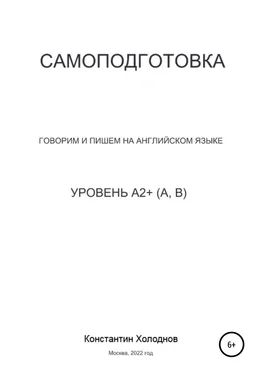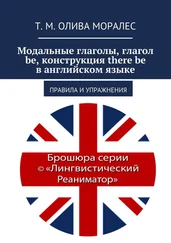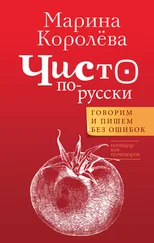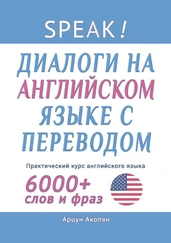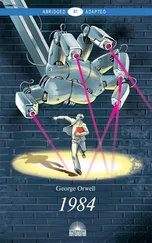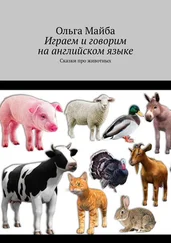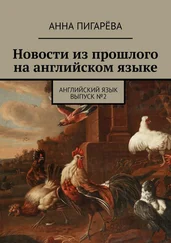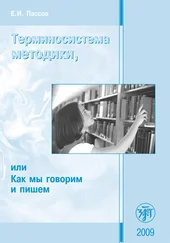PC Мы есть играющие против лиги чемпионы следующая неделя.
We're playing against the league /liːɡ/ champions /ˈtʃæmpiənz/ (э) next week.
(Г,Я: Это противозаконно.)
То есть против закона.
That's against the law /lɔː/.
(Г,Я: Её заставили выйти замуж против её воли.)
Она была принужденная/вынужденная выйти_замуж/жениться против её воли.
She was forced /fɔːst/ to marry against her will.
(Г,Я: Вы за или против смертной казни?)
Есть вы за/для или против смертельного наказания*?
*a punishment for breaking a law, rule or contract
*a disadvantage suffered as a result of something
*(in sports and games) a disadvantage given to a player or a team when they break a rule
Are you for or against the death /deθ/ penalty /ˈpenəlti/ (а)?
(Я: Она против того, чтобы встречаться с ним.)
(Г: Она против встречи с ним.)
Она есть против видения его.
She is against seeing /ˈsiːɪŋ/ (= does not want to see) him.
(Я: Я бы не советовал вам этого делать.)
(Г: Я бы посоветовал вам не делать этого.)
Я бы посоветовал вам против делания того.
I'd advise /ədˈvaɪz/ (э) you against doing that.
I'd здесь это сокращение от I would
• БУ close to, touching or hitting somebody/something
(Я: Поставь пианино туда, к стене.)
Поставь пианино там/здесь/туда/тут/вон, близко,_касаясь_или_ударяя стену.
Put the piano /piˈænoʊ/ there, against the wall /wɔːl/.
ah exclamation /ɑː/ восклицание "А!" выражает удивление, удовольствие или сочувствие, или когда вы не согласны с кем-то
• A2 used to express surprise, pleasure or sympathy, or when you disagree with somebody
(Я: А, вот и ты!)
(Г: Ах, вот ты где!)
А, там/здесь/туда/тут/вон ты есть!
Ah, there you are!
А, этот кофе есть хороший.
Ah, this coffee /ˈkɒfi/ is good.
(Я: Ну что ж, в следующий раз повезет больше.)
(Г: Ну что ж, удачи в следующий раз.)
А хорошо/отлично, более_хорошей/лучшей удачи следующий раз/время.
Ah well, better /ˈbetə(r)/ (а) luck /lʌk/ next time.
(Г,Я: Ах, но это может быть неправдой.)
А, но то может не быть истинным.
Ah, but that may not be true /truː/.
airline noun /ˈeəlaɪn/ (а) авиакомпания
• A2 a company that provides regular flights to take passengers and goods to different places
авиакомпании пилот
an airline pilot /ˈpaɪlət/ (э)
авиакомпании пассажир
an airline passenger /ˈpæsɪndʒə(r)/ (а)
(Г: недорогая(низко-стоимостная) авиакомпания)
a low-cost airline
(Г: бюджетная* авиакомпания)
*[only before noun] low in price
a budget /ˈbʌdʒɪt/ airline
(Г: без излишеств* авиакомпания)
*[only before noun] (especially of a service or product) including only the basic features, without anything that is unnecessary, especially things added to make something more attractive or comfortable
a no-frills /ˌnoʊ ˈfrɪlz/ airline
(Г: дисконтная(скидочная) авиакомпания)
a discount /ˈdɪskaʊnt/ airline
(Г,Я: международные авиакомпании)
international /ˌɪntəˈnæʃnəl/ (э,о) airlines
(Г,Я: крупные/большие/главные/основные* авиакомпании)
*[usually before noun] very large or important
major /ˈmeɪdʒə(r)/ (а) airlines
(Я: Ему нужно было немедленно купить билет на самолет.)
Он имел_потребность купить авиакомпанейский билет немедленно/незамедлительно.
He needed /ˈniːdɪd/ to buy an airline ticket /ˈtɪkɪt/ immediately /ɪˈmiːdiətli/ (э).
(Я: Компания стремится расшириться в сфере коммерческих авиаперевозок.)
PC Компания есть рассматривающая_(что-то)_и_думающая_о_том,_как_сделать_это_лучше* расширять/расширяться/развивать** в_к коммерческой авиакомпанейской индустрии.
*[intransitive] look to(phrasal verb): look to something(formal) to consider something and think about how to make it better
**[intransitive, transitive] to become greater in size, number or importance; to make something greater in size, number or importance
**[intransitive, transitive] if a business expandsor is expanded, new branches are opened, it makes more money, etc.
The company /ˈkʌmpəni/ (а) is looking to /tu/ expand /ɪkˈspænd/ into the commercial /kəˈmɜːʃl/ (о) airline industry /ˈɪndəstri/ (э).
Idioms
БУ be looking to do something = to try to find ways of doing something
alive adjective /əˈlaɪv/ (э) живой, в живых
[not before noun]
• A2 living; not dead
(Я: Твоя мать всё ещё жива?)
Есть твоя мать всё_ещё живая/в_живых?
Is your mother still alive?
(Я: Врачи поддерживали жизнь ребенка в течение шести недель.)
(Г: Врачи продержали ребенка в живых в течение шести недель.)
Доктора держали/сохраняли/хранили младенца* живым в_течение 6 недель.
*a very young child or animal
Doctors /ˈdɒktəz/ (э) kept the baby /ˈbeɪbi/ alive for six weeks.
keep /kiːp/ – kept /kept/ – kept /kept/
(Я: Ей приходилось красть еду, просто чтобы остаться в живых.)
Она должна была красть/воровать еду/питание/пищу/продовольствие просто оставаться живой/в_живых.
She had to steal /stiːl/ food just to stay alive.
(Г,Я: Он был похоронен заживо во время землетрясения.)
Он был похороненный живой в землетрясении.
He was buried /ˈberid/ alive in the earthquake /ˈɜːθkweɪk/.
(Г,Я: Мы не знаем, жив он или мертв.)
Мы не знаем то_ли/ли* он есть живой или мёртвый.
*(!!!)used to express a doubt or choice between two possibilities
*used to show that something is true in either of two cases
We don't know whether /ˈweðə(r)/ (а) he's alive or dead /ded/.
all determiner /ɔːl/ все, вся, весь, всё
• A1 (used with plural nouns. The noun may have the, this, that, my, her, his, etc. in front of it, or a number.)
Читать дальше
